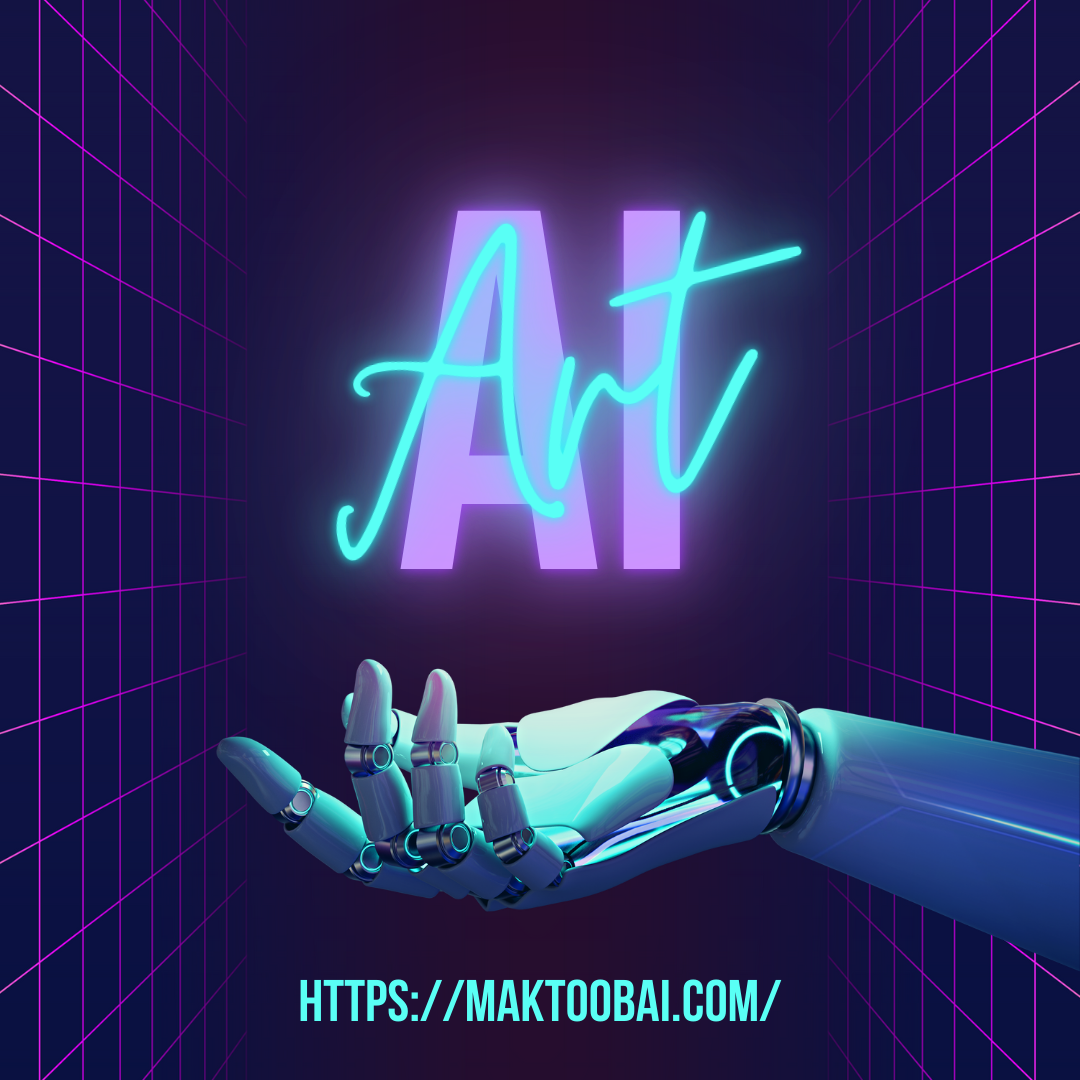AI tools for education Artificial Intelligence (AI) is rapidly transforming education, unlocking innovative solutions that enhance both teaching and learning. Although most discussions focus on AI’s business applications, its potential to revolutionize education is equally profound. Far from replacing educators, AI supports teachers by automating administrative tasks, providing personalized learning experiences, and offering 24/7 student support. As the global market for AI in education expands, new tools are emerging that can create immersive learning environments, fill educational gaps, and ease language barriers. Here are the top 8 AI tools making waves in education.
1. Course Hero
AI-Powered Homework Assistance
Course Hero is a leading platform that leverages AI to make academic support faster and more efficient. With its AI course assistant, students get instant answers and explanations for various types of questions, including multiple-choice and open-ended ones. The tool also curates relevant study materials from its vast library, helping students grasp key concepts while matching them with practice problems. Additionally, Course Hero offers 24/7 access to expert tutors, ensuring personalized support at any time.
- Instant answers and explanations using AI.
- Curated study materials for deeper understanding.
- 24/7 expert tutor support.
Visit Course Hero →
2. Gradescope
AI for Efficient Grading
Gradescope is designed to ease one of the most time-consuming tasks for teachers—grading. This tool employs AI to assist with grading online homework, paper-based exams, and projects. By automating these processes, Gradescope improves grading efficiency and fairness, allowing educators to focus on student engagement and education quality.
- AI-assisted grading for speed and fairness.
- Student-specific features like time extensions.
- Improved assessment efficiency.
Visit Gradescope →
3. Socrat
AI for Class Creation and Student Engagement
Socrat allows teachers to create classes, manage assignments, and track student progress seamlessly. The AI-powered platform encourages student interaction with tools like debate simulations, discussion prompts, and personalized feedback. Socrat’s group collaboration features are also perfect for fostering critical thinking and debate skills in students of all ages.
- Class and assignment management with AI tools.
- Critical thinking exercises via debate simulations.
- Real-time student progress tracking.
Visit Socrat →
4. MathGPTPro
AI-Powered Math Tutor
MathGPTPro is an AI-driven tutor that provides accurate solutions to math problems through photo or text inputs. With a 90% accuracy rate on advanced math problems, it surpasses traditional tools and offers a highly personalized learning experience.
- Solves complex math problems with 90% accuracy.
- Interactive and personalized learning.
- Fast and accessible educational solutions.
Visit MathGPTPro →
5. Cognii
Conversational AI for Critical Thinking
Cognii offers a virtual learning assistant that helps students develop open-format responses, improving their critical thinking skills. This AI tool provides real-time feedback and one-on-one tutoring, adapting to each student’s unique learning pace and needs.
- Supports open-response format learning.
- Offers personalized tutoring and feedback.
- Adaptive to individual student needs.
Visit Cognii →
6. Century Tech
Personalized Learning Plans
Century Tech is an AI platform that uses cognitive neuroscience and data analytics to create personalized learning plans for students. The AI tracks progress, identifies knowledge gaps, and offers actionable insights for both students and teachers. By reducing teacher workload, Century Tech allows educators to focus on more critical areas of teaching.
- Personalized learning plans based on cognitive neuroscience.
- AI-powered feedback for continuous improvement.
- Teacher workload reduction through automation.
Visit Century Tech →
7. Carnegie Learning’s Platforms
AI-Driven Tutoring for Math and Languages
Carnegie Learning utilizes AI and machine learning to provide personalized learning experiences in subjects like math, literacy, and world languages. Their flagship product, MATHia, mimics human tutors, offering one-on-one guidance to students. The platform also tracks progress and provides actionable data for teachers.
- Mimics human tutors for personalized learning.
- Provides actionable data to track student progress.
- Focuses on math, literacy, and world languages.
Visit Carnegie Learning →
8. Ivy Chatbot
AI Chatbots for Universities
Ivy is an AI chatbot tool designed to support universities by assisting with applications, enrollment, tuition, and student recruitment. Ivy’s chatbots are tailored to each department, helping students navigate processes and access important information about scholarships, loans, and deadlines.
- AI chatbots for application and enrollment assistance.
- Department-specific solutions for better student engagement.
- Enhances recruitment with data-driven campaigns.
Visit Ivy →
Bonus: Nuance’s Dragon Speech Recognition
Speech-to-Text AI for Students and Teachers
Dragon by Nuance is an AI-powered speech recognition tool that transcribes up to 160 words per minute. Ideal for students with accessibility needs, this tool supports verbal commands and offers a dictation feature for lesson planning, reading lists, and assessments with 99% accuracy.
- Speech recognition for accessibility and convenience.
- Dictation of lesson plans and student assessments.
- 99% transcription accuracy.
Visit Nuance →
Read also: How AI Is Influencing Teacher Workloads And Responsibilities
FAQs
1. Will AI tools replace teachers in education?
No, AI tools are designed to support teachers, not replace them. They help automate administrative tasks, offer personalized learning plans, and provide instant support, allowing educators to focus more on student engagement and education quality.
2. How can AI help in grading assignments?
AI tools like Gradescope use machine learning to automate the grading process, making it faster and more efficient while ensuring fairness and consistency in assessment.
3. What are some AI tools for personalized student learning?
Tools like Century Tech and MathGPTPro offer personalized learning experiences by adapting content to the student’s progress, identifying knowledge gaps, and providing tailored feedback.
4. How does AI enhance accessibility in education?
AI tools like Nuance’s Dragon Speech Recognition improve accessibility by enabling students to dictate their work or navigate documents with voice commands, which is especially helpful for those with disabilities.
5. What role does AI play in improving critical thinking skills?
AI platforms like Cognii use conversational technology to encourage students to develop open-format responses, fostering critical thinking and problem-solving abilities.


